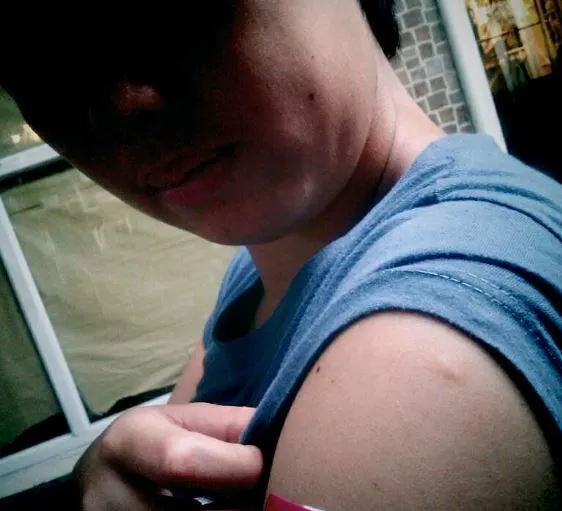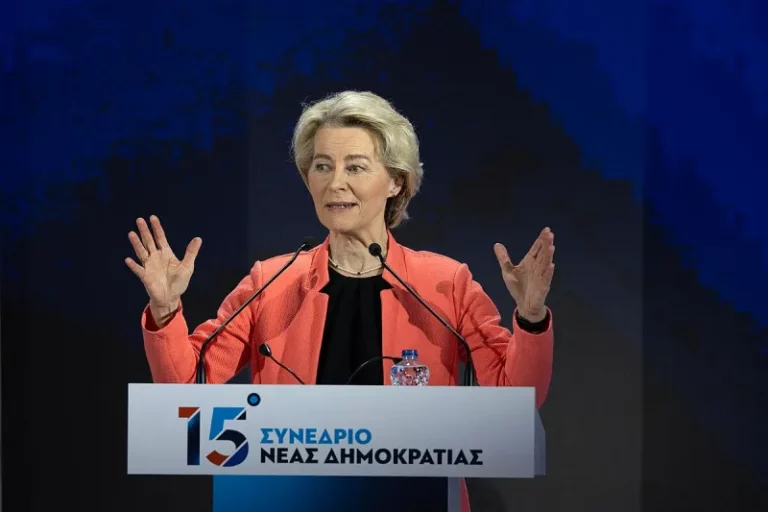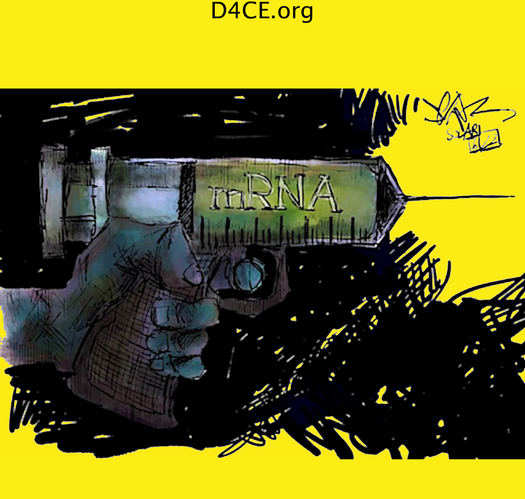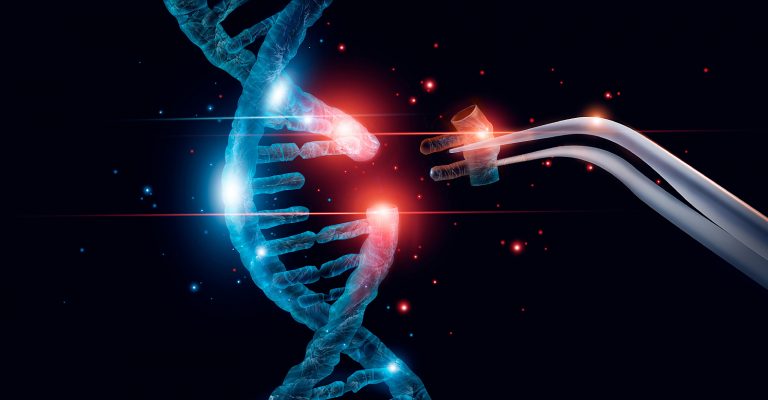Study censored on cancer risk from Covid vaccination
Science is only free as long as it does not discover anything that contradicts economic interests. That’s why an October 2021 study on cancer and Covid vaccination disappeared.
Source: tkp.at, Thomas Oysmüller, June 2nd, 2024
A two-year investigation proves how a scientific research had to be withdrawn and was never published. The study investigated the potential of Covid vaccines to cause cancer. The results were not intended to be made public and the censorship was enforced in “violation of academic ethics,” says the paper’s author.
Power and science
Journalist Rebekah Barnett, who uncovered the scandal, sums it up:
“The scandal involving Stockholm University, the renowned scientific publisher MDPI and a senior official at the National Institutes for Health (NIH) has serious consequences for scientific integrity and the global risk of cancer – especially for women.”
The story begins in October 2021. At that time, an important scientific paper was published in the peer-reviewed journal MDPI Viruses1 highlighting that the spike protein of both the SARS-Cov-2 virus and its associated vaccines* contains important DNA -Repair routes damage.
Barnett says:
The study attracted widespread attention because of its implications for immunosuppression and cancers resulting from repeated exposure to Covid infections and vaccinations. The authors’ findings have since been confirmed in other peer-reviewed scientific studies, but in the highly political environment of the time they were new and controversial.
The study was then quickly retracted under strange circumstances, with the lead author demanding his own work be retracted. What’s even stranger is that the same editor who approved the study for publication did a U-turn and approved the study’s withdrawal. There was speculation that Jiang was pressured to request the study’s withdrawal in order to cover up evidence of the Covid vaccination’s harmfulness.
Now one of the study’s authors claims that this was actually the case.
The work entitled “SARS-CoV-2 Spike Impairs DNA Damage Repair and Inhibits V(D)J Recombination In Vitro” was conducted by Dr. Hui Jiang from Stockholm University and Dr. Ya-Fang Mei from Umeå University.
In an email exchange, Mei told me that Stockholm University pressured Jiang to request withdrawal from the work and that she never agreed to the withdrawal.
“Stockholm University initially decided to retract the paper without the consent of the authors, which is a clear violation of academic ethics,” she said.
“Stockholm University asked lead author Hui Jiang to retract the paper and began formalizing the process. This is an illegal withdrawal. I have informed the editors that the withdrawal procedure is incorrect and I strongly reject it.
Emails provided to me through Freedom of Information Act (FOIA) requests from Stockholm University indicate that Dr. Mei has clearly opposed the retraction: “I absolutely do not accept this retraction,” she wrote in an email to her co-author on February 1, 2022, just days before Jiang officially submitted his retraction request to the journal.
Mei stands by the results of her study and hopes they can be used to create better, safer vaccines. “We have shown that the SARS-CoV-2 spike protein has some drawbacks that need to be resolved before it becomes a vaccine,” she said.
A retraction published in May 2022 raised concerns about the construction of the spike plasmid and the use of a GFP reporter system, making the work unreliable for scientists or commentators who wish to refer to or build on Jiang and Mei’s findings .
However, Mei firmly rejects these concerns and tells me that they are unfounded and the withdrawal is not justified.”
“I strongly disagree [with the retraction] because the experiments have a control sample: nucleoprotein with 6Hitag and GFP report, which is located in the cell plasmid and not in the nucleus. Therefore, the notification contains incorrect information”. For this reason, according to Dr. Mei, “I never signed the withdrawal notice”.
Emails between the authors, Stockholm University and MDPI indicate that this was a highly unusual retraction, pushed through under intense public pressure and with little scientific justification.
Barnett then describes in detail and with evidence how this was enforced. A clear investigative research about the “freedom of science” and what happens to research results that collide with the interests of capital and power.
Suggest a correction







